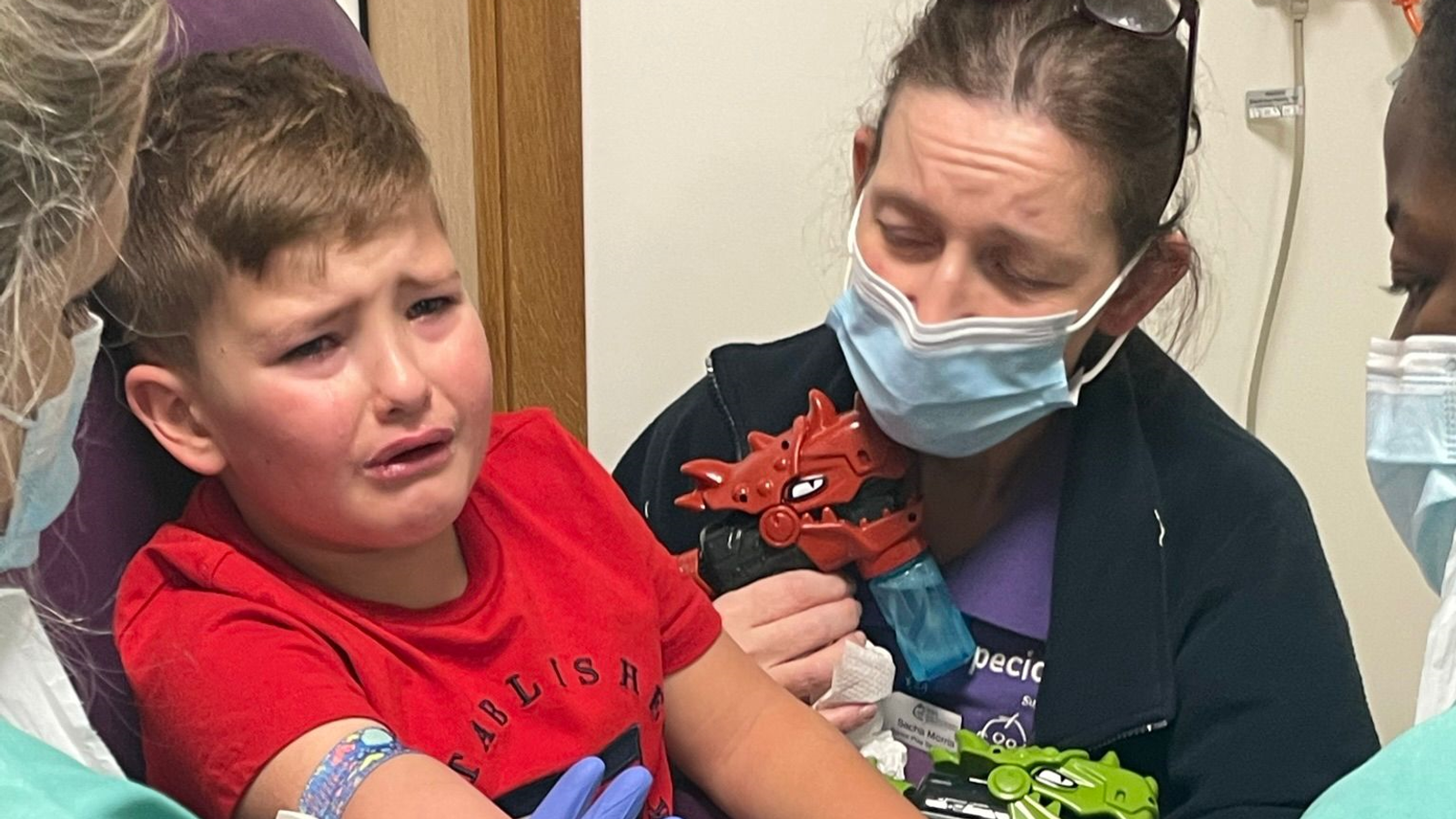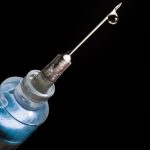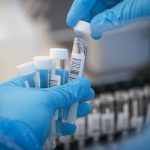The number of people waiting for a heart transplant has gone up 85% in the last decade – and not enough organ donors are making their wishes clear to their family, the NHS has said.
Caroline Sofroniou owes her life to organ donation.
Before she had a heart transplant, she became so ill she was unable to do even the most basic tasks without severe pain.
“I was unable to even walk out of the house,” she remembers.
“I couldn’t go to the shops, anything. It got to the point where I couldn’t even hold a conversation, I was so out of breath. While I was waiting for a transplant match, I could feel myself slipping away. They gave me a week to live.”
She has Danon disease – a rare genetic condition that causes thickening of the heart muscle, and eventually heart failure and even death.
She is certain the transplant saved her – and six months after she was given a new heart, she was able to start living normally again.
Paul Robson: Sex offender has escaped from prison – police warn he can cause ‘real harm to anyone he comes across’
Ukraine crisis: ‘Window of opportunity’ for de-escalation as UK calls for Russia to ‘step back from the brink’
Boris Johnson’s vow to build green freeports triggers major split in Scottish govt
Now though, she is having to relive everything – as her seven-year-old son Jayden-Sean has the same disease.
It’s hereditary – and also more severe in males.
While Caroline’s worst symptoms started in early adulthood, Jayden has been going to hospital almost every week since he was born, unable to fight off even the mildest infections like a common cold.
He’s now been on the list waiting for a transplant for six months.
“Knowing that he’s going to get worse is absolutely heartbreaking,” Ms Sofroniou told Sky News.
“And obviously because I’ve been through it myself, I know what’s to come next, I know how he’s going to feel. The rest of my family haven’t survived it because there wasn’t a heart there quick enough. Every day is a constant struggle – you think, what if? You always have that hanging over you.”
Jayden is one of 6,000 people across the UK currently waiting for an organ transplant.
The NHS says the number of people waiting for a new heart has increased by 85% in the past ten years.
Because smaller organs need to be found for children, often from other children or younger adults, they wait on average two-and-a-half times longer than adults.
The NHS says increased numbers of people on the waiting list is partly down to new medical advances, like mechanical hearts that can keep people alive for much longer while they wait for a human match.
Since May 2020, all adults in England are also automatically opted in to becoming organ donors, but can opt out if they wish.
However, research shows almost two-thirds of people have still not told their family about their wish to be a donor if they die – which can stop a donation going ahead.
“Families faced with this situation will always be asked about their loved one’s decision. They will always be consulted, and if a family genuinely feel they can’t make that decision, then the transplant will not go ahead,” Olive McGowan, chief nurse at NHS Blood and Transplant, told Sky News.
“We know that families are more likely to carry out a loved one’s decision if they know exactly what a loved one would have wanted. So it’s really important that we all talk to our families, and let our families know what our decision would be.”
Read more: Almost 100,000 could have serious heart disease aortic stenosis without knowing – study
NHS Blood and Transplant have launched a new campaign called “Heart to Heart” – asking families to sit down and talk about their wishes around organ donation.
They say a lack of younger donors is a particular problem, with the number of young organ donors staying static at around 50 a year.
Under-18s were not part of the law change to automatic opt in for donation, and either have to be signed up by their parents or can sign up with parental permission.
But parents asked about organ donation are less likely to agree – with just over half of families supporting donation for a relative aged under 18 in 2019/20.
The NHS hopes that by getting more people to have these difficult conversations, more families will feel comfortable agreeing to a loved one’s donation – and more lives, like Caroline’s and Jayden’s, can be saved.






















